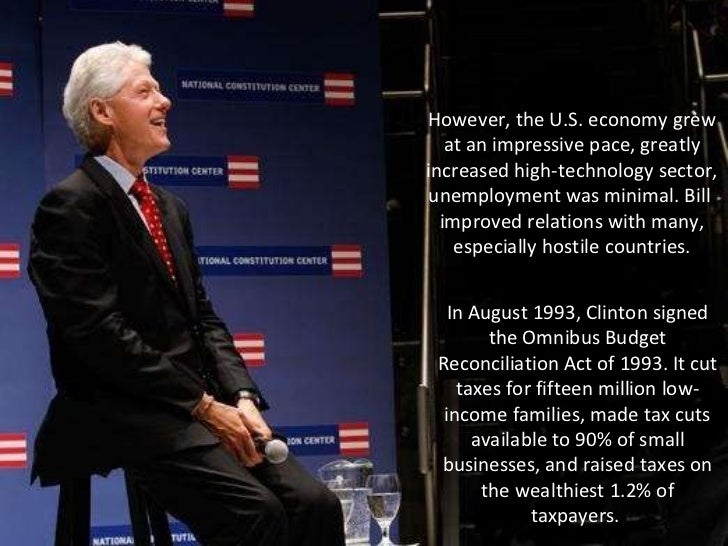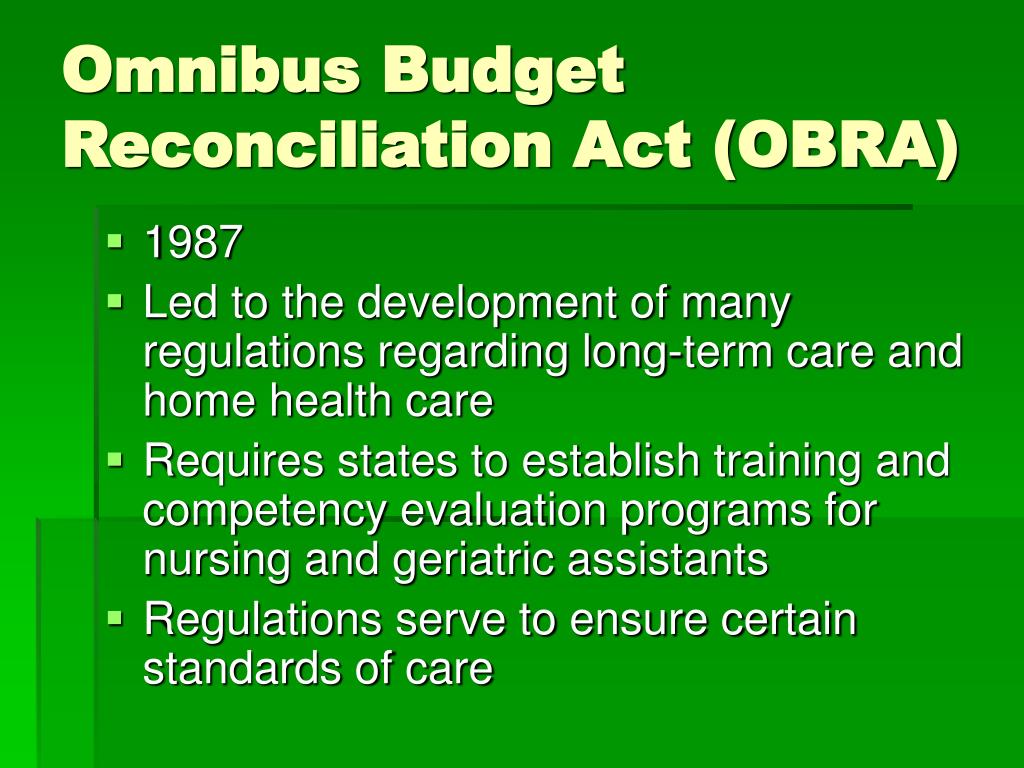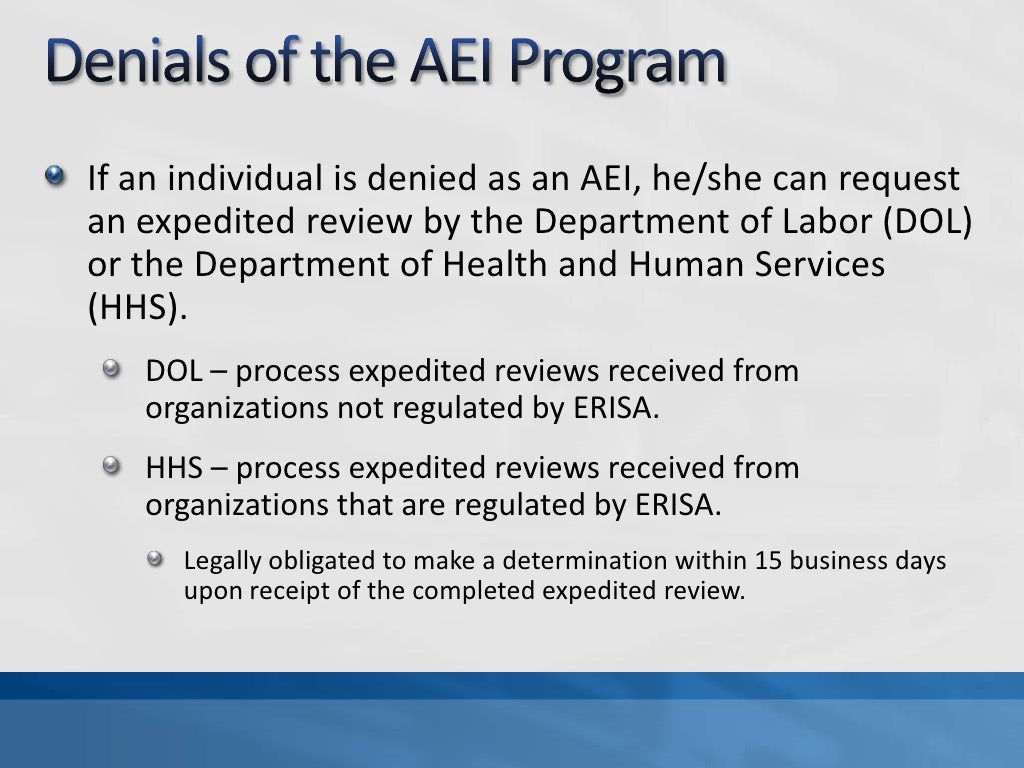

If you elect COBRA (Consolidated Omnibus Budget Reconciliation Act) coverage, you pay 100 of the premiums, including the share the employer used to pay. Please join our advisory group to let us know what more we can do. A federal law that may allow you to temporarily keep health coverage after your employment ends, you lose coverage as a dependent of the covered employee, or another qualifying event. We hope that with your input we can make GovTrack more accessible to minority and disadvantaged communities who we may currently struggle to reach. Our mission is to empower every American with the tools to understand and impact Congress. By joining our advisory group, you can help us make GovTrack more useful and engaging to young voters like you. Young Americans have historically been the least involved in politics, despite the huge consequences policies can have on them. The Consolidated Omnibus Budget Reconciliation Act (COBRA), first enacted in 1985 and revised in 1999, is a federal law that requires most employers to. The Omnibus Budget Reconciliation Act (OBRA), also known as the Nursing Home Reform Act of 1987, has dramatically improved the quality of care in the nursing home over the last twenty years by setting forth federal standards of how care should be provided to residents.

Please sign up for our advisory group to be a part of making GovTrack a better tool for what you do. As the centerpiece of President Ronald Reagan's 'supply-side' revolution, the law called for 135 billion to be cut from federal programs while defense spending was greatly increased. We hope to make GovTrack more useful to policy professionals like you. The meaning of OMNIBUS BUDGET RECONCILIATION ACT is implemented massive government spending reductions and significantly altered the congressional budget process. This page is sourced primarily fromĬ, the official portal of the United States Congress.Ĭ is generally updated one day after events occur, and so legislative activity shown here may be one day behind. GovTrack automatically collects legislative information from a variety of governmental and non-governmental sources. 99514, set out as a note under section 162 of Title 26, Internal Revenue Code.

|quote=Omnibus Budget Reconciliation Act of 1993 99514 effective, except as otherwise provided, as if included in enactment of the Consolidated Omnibus Budget Reconciliation Act of 1985, Pub. Part XIII of the law is also called the Revenue Reconciliation Act of 1993. It has also been unofficially referred to as the Deficit Reduction Act of 1993. Omnibus Budget Reconciliation Act of 1993, Pub. The Omnibus Budget Reconciliation Act of 1993 (or OBRA-93) was a federal law that was enacted by the 103rd United States Congress and signed into law by President Bill Clinton. 2264 - 103rd Congress: Omnibus Budget Reconciliation Act of 1993.” 1993. 2264 - 103rd Congress: Omnibus Budget Reconciliation Act of 1993. Although the conclusions that may be drawn from a descriptive analysis are limited, these findings suggest that concerns that the resource-based Medicare fee schedule will lead to higher surgery rates may be. The author concludes that increases do not necessarily occur in the volume of surgical procedures whose Medicare fees are reduced. The Consolidated Omnibus Budget Reconciliation Act (COBRA) is a health insurance program that allows eligible employees and their dependents the continued benefits of health insurance coverage. In comparison, the rate of volume growth fell modestly for other surgery, was unchanged for medical care, and increased for ancillary tests. Moreover, the reduction in the rate of volume growth for these procedures differed little among specialties or areas. The author found that growth in the volume of overpriced procedures slowed substantially after the 1987 budget act was implemented. Consolidated Omnibus Budget Reconciliation Act of 1985 (COBRA) - COBRA is a Federal law that provides rights to temporary continuation of group health plan coverage for certain employees, retirees and family members at group rates when coverage is lost due to certain qualifying events. Services were grouped into four categories: overpriced procedures, other surgery, medical care, and ancillary tests.

Medicare physician claims files were used to develop trends in physician-services use from 1986 to 1989. This paper describes trends in the use of these procedures and other physician services by Medicare patients during the 4-year period surrounding the implementation of the 1987 budget act. Under the Omnibus Budget Reconciliation Act of 1987, Medicare reduced physician fees for 12 procedures identified as overpriced.


 0 kommentar(er)
0 kommentar(er)
